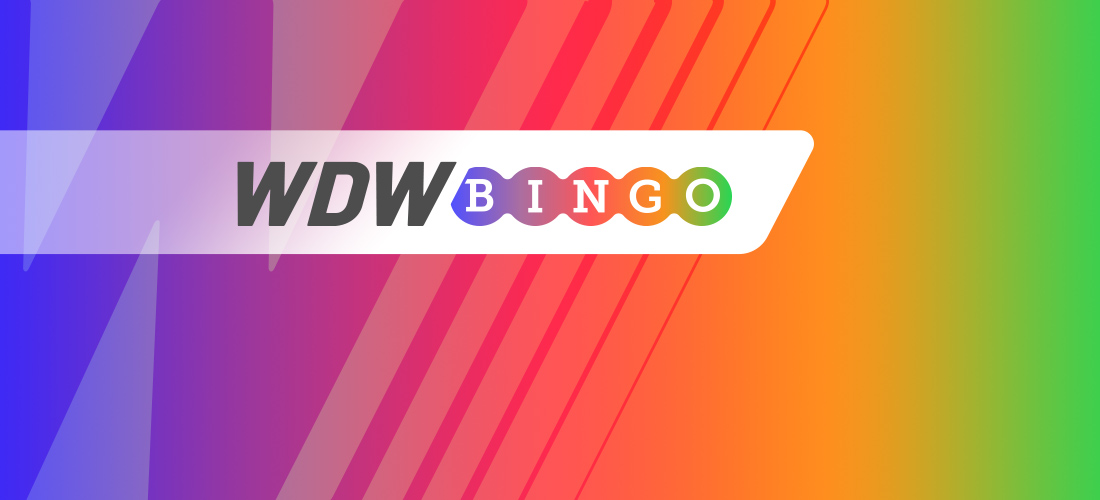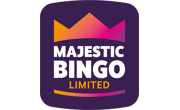
Gala Bingo and Ladbrokes to Merge?
The gambling industry is abuzz with news that one of the UK’s biggest bookmakers, Ladbrokes, and UK bingo giant, Gala, are in talks to discuss a possible merger.
The two companies both target different areas of online gambling, operating some of the top betting sites online. A combination of their resources may result in a monopoly over the gaming industry.

Ladbrokes focuses largely on sportsbook, poker and casino games, whereas Gala specializes in land-based bookie shops under the ‘Coral’ brand, as well as bingo and slots. Ladbrokes target a male demographic, while Gala seems to appeal to women. A combination of these two sectors would dominate the UK’s gambling industry, valued at over £2 billion, reaping an incredibly large chunk of profits. Furthermore, if the two companies were to join forces they would operate a total of almost 4000 betting shops (2,100 shops from Ladbrokes and 1,845 from Coral), to say nothing of the online market. This would overtake the current largest bookmaker; William Hill, who owns 2400 such shops.
Note that merger talks do not include Gala’s 132-strong bingo business, meaning us online bingo fans probably won’t be getting a big bingo site out of the deal! All well, maybe in the future.
Many investment entrepreneurs see the merger a great opportunity, with shares rising by over 20% to 147p after the announcement was made. Unfortunately, earlier in 2015 Ladbrokes reported their annual profit had fallen from £68m to £38m. It prepares to close 60 UK shops this year regardless of the outcome with Gala. This does make investing in Ladbrokes shares risky.
At the moment, talks are in early stages and we can only speculate on the result. Jim Mullen, who was appointed three months ago as CEO of Ladbrokes, states this deal discussion is in line with his plans to shake up the company. He said:
“A merger with Gala Coral could create a combined business with significant scale and has the potential to generate substantial cost synergies, creating value for both companies’ shareholders….The Board has not yet concluded whether a transaction is strategically attractive and can be delivered to shareholders on appropriate terms.”
Ironically, Ladbrokes once attempted to buy out Gala Coral in 1998, but its planned takeover was blocked by the government who were weary of a single company holding so much sway over the gambling industry. That power could be abused to disadvantage punters with “a weakening of price competition”. However, a spokesperson stated that this new deal, if completed, could be classified as a reverse takeover of Ladbrokes. Perhaps the new merger will have more success through the use of diplomatic business strategies, rather then past hostile approaches.



























